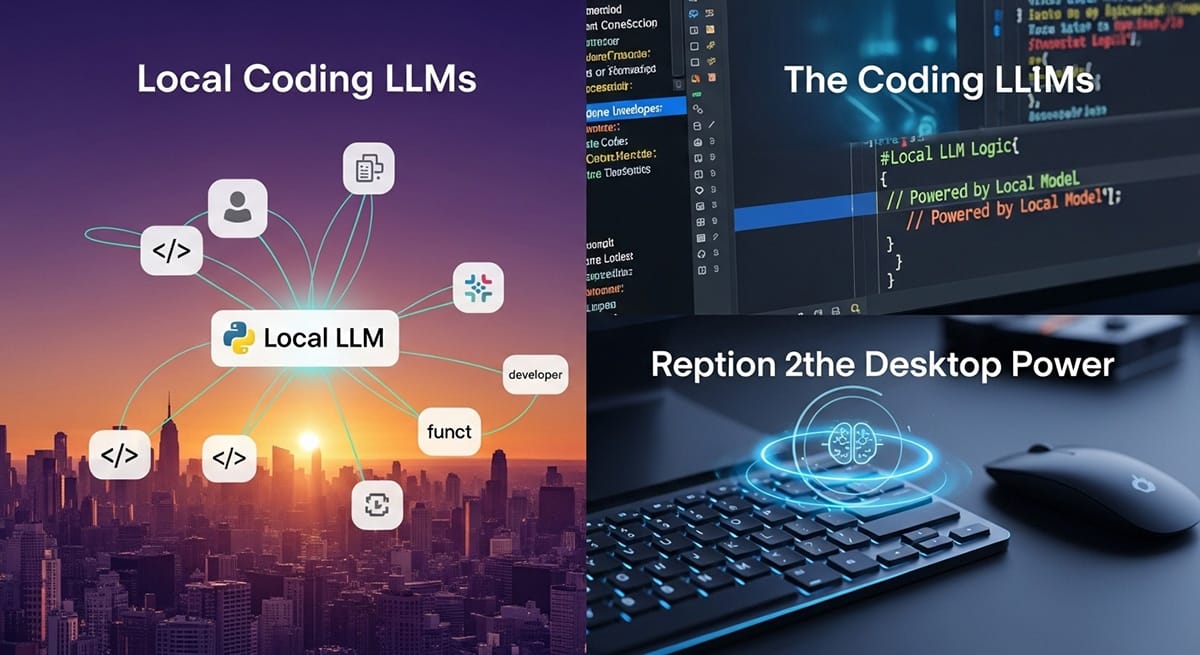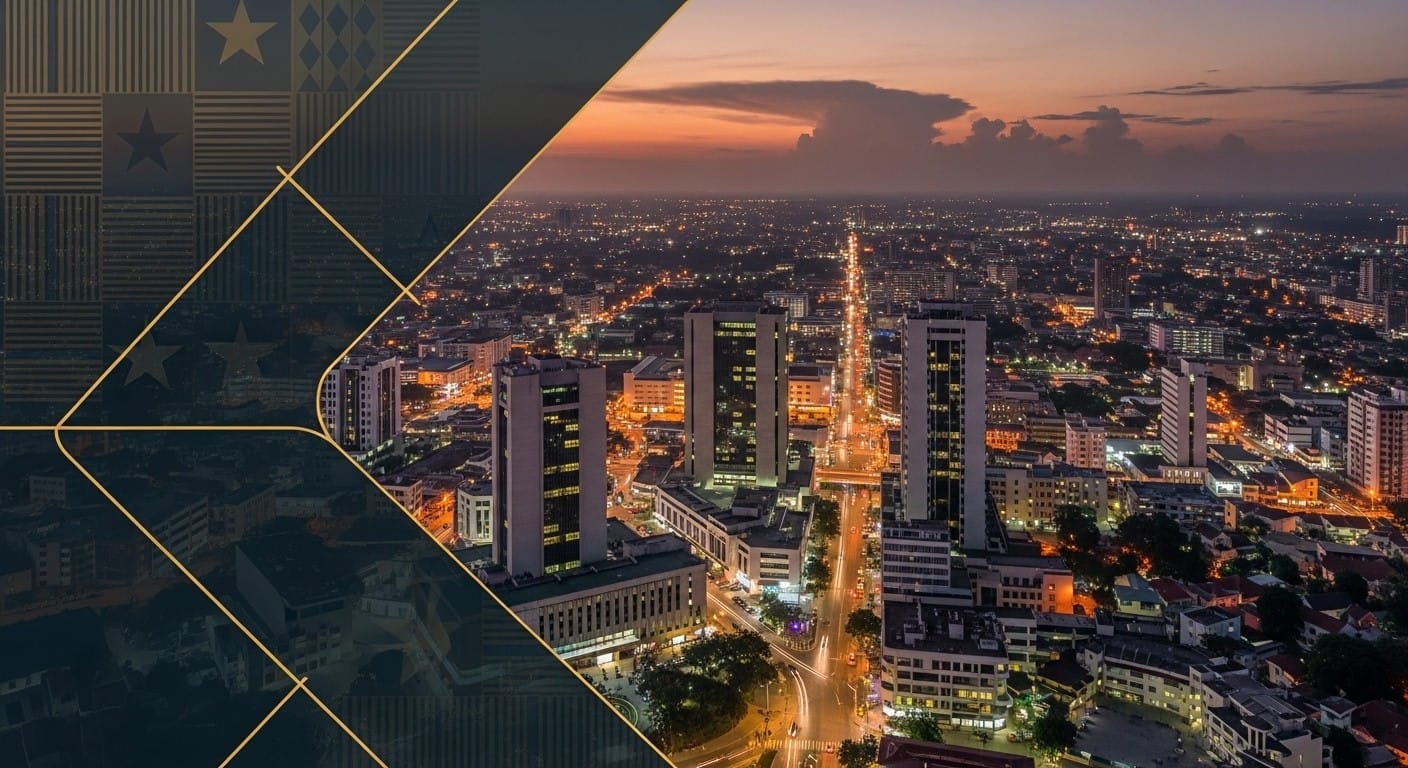Disclaimer: The information provided in this article is for general guidance purposes only and is accurate as of June 2024. U.S. visa application process, fees, and procedures are subject to change without notice. This website is not affiliated with the U.S. Embassy or the U.S. government. For the most current and official information, readers are strongly advised to consult the official U.S. Embassy in Accra in Ghana website and the U.S. Department of State.
Navigating the U.S. visa application process in Ghana can seem daunting. This guide provides a clear, step-by-step approach to help you successfully apply for a U.S. visa, from understanding the different visa types to preparing for your interview at the U.S. Embassy in Accra.
The United States welcomes thousands of visitors from Ghana each year for tourism, business, education, and more. While the prospect of visiting the U.S. is exciting, the visa application process, managed by the U.S. Embassy in Accra, can be complex. This article provides a comprehensive guide to help you navigate the application process smoothly and increase your chances of a successful outcome.
Phase 1: Pre-Application Essentials
Before you begin filling out any forms, it’s crucial to lay the groundwork. This initial phase involves understanding what you need and why you need it. While the process is for entry into the U.S., it’s your standing and ties in Ghana, overseen by bodies like the Ghana Immigration Service, that often form the basis of your application.
Determine Your Correct Visa Type
The first and most critical step is to identify the correct visa category for your travel purpose. A mistake here can lead to a denial. The U.S. U.S. Department of State State’s Bureau of Consular Affairs website provides detailed descriptions of each visa type. U.S. visas are broadly categorized into two main types:
- Nonimmigrant Visas: These are for individuals planning a Nonimmigrant Visas in the U.S. This is the most common category for Ghanaian applicants.
- Immigrant Visas: These are for those who intend to live and work permanently in the United States.
Here is a breakdown of common nonimmigrant visa types:
| Visa Category | Purpose of Travel |
|---|---|
| B-1 | Business, conferences, consultations |
| B-2 | Tourism, vacation, medical treatment |
| F-1 / M-1 | Academic and vocational students |
| J-1 | Exchange visitor programs |
| H, L, O, P | Temporary workers and trainees |
Export to Sheets
To be certain, use the official Visa Wizard tool on the U.S. Department of State’s website to confirm the most appropriate visa for your trip.
Phase 2: The Application Process
Once you have identified your visa type, you can begin the formal application process. Follow these steps meticulously.
Step 1: Complete the DS-160 form Form (DS-160)
For nonimmigrant visas, you must complete the Form DS-160 online.
- Access the form: You can find the DS-160 on the U.S. Department of State’s Consular Electronic Application Center.
- Be truthful: Provide accurate and detailed information. Any inconsistencies between the form and your interview answers can result in denial.
- Save your confirmation page: Upon completion, you will receive a confirmation page with a barcode. You must print this page and bring it to your interview.
Step 2: Pay the Visa Application Fee
The application fee (also known as the Visa Application Fee) is non-refundable and non-transferable. You must use the official U.S. visa information and appointment services website for Ghana to find the current fee amounts and approved payment methods, which are often at specific local banks. Keep the receipt, as it’s required for the next step.
Step 3: Schedule Your Interview
With your DS-160 confirmation and fee receipt in hand, you can schedule your appointments through the same official visa information and appointment services website. You will schedule two separate appointments:
- Appointment at the Application Support Center (ASC): For biometrics (fingerprints and photo).
- Visa Interview Appointment: At the U.S. Embassy in Accra.
Phase 3: The Interview
The visa interview is the most crucial part of your application. Your goal is to convince the consular officer that you will abide by the terms of your visa and return to Ghana. The role of a diplomatic mission, whether it’s the U.S. Embassy or the British High Commission Accra, is to adjudicate visas according to their country’s laws.
How to Prepare for Your Interview
Preparation is key to a successful interview. The consular officer must be convinced of your intent to return to Ghana after your trip.
- Demonstrate Strong Ties to Ghana: This is the most important factor. You must prove you have compelling reasons to return home. These ties are often documented by Ghanaian institutions like the Ministry of Foreign Affairs and Regional Integration. Gather evidence such as:
- Proof of stable employment (employment letter, pay stubs).
- Family commitments (marriage certificate, birth certificates of children).
- Property ownership (land titles, deeds).
- Educational enrollment for students.
- Business ownership documents.
Required Documents Checklist
Organize your documents neatly for your appointment. You will need:
- A valid passport with at least six months of validity beyond your intended stay.
- Your DS-160 confirmation page.
- Your appointment confirmation page.
- The visa fee payment receipt.
- One 2×2 inch (5×5 cm) photograph meeting U.S. visa requirements.
- All supporting documents to prove your ties to Ghana.
Attending Your Interview at the U.S. Embassy
On your scheduled date, arrive at the official U.S. Embassy in Ghana on time.
- Be confident and calm: Listen carefully to the questions.
- Be honest and concise: Answer all questions truthfully and directly. Do not provide false documents or information.
- The outcome: The officer will inform you of the decision at the end of the interview. If approved, they will keep your passport to affix the visa. Your passport will then be sent to a designated collection point, and you can begin making your travel plans, which will likely involve flying out from Kotoka International Airport.
By following these steps and preparing thoroughly, you can approach the U.S. visa application process with confidence. Good luck!











